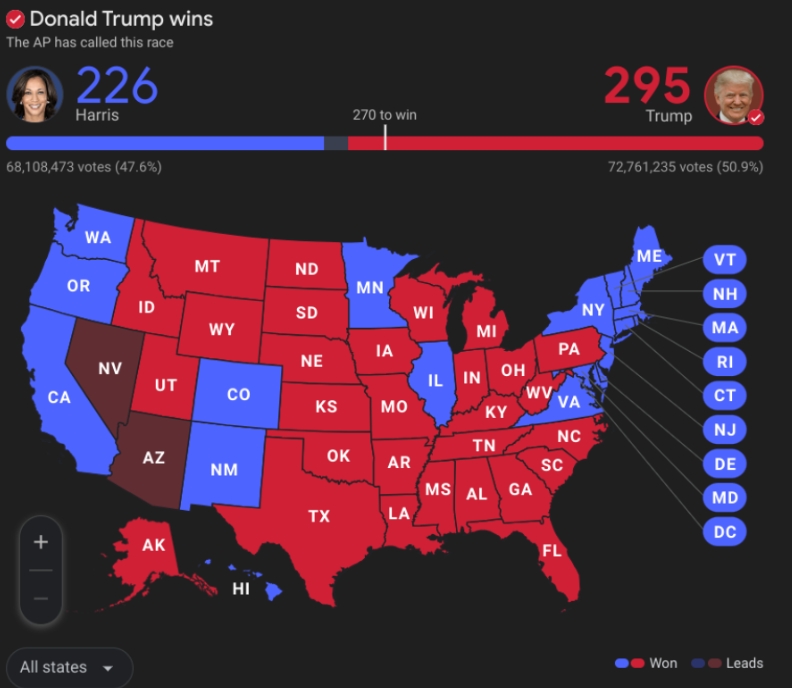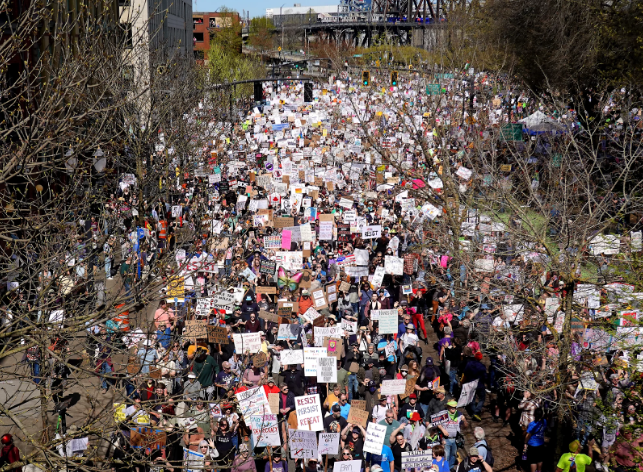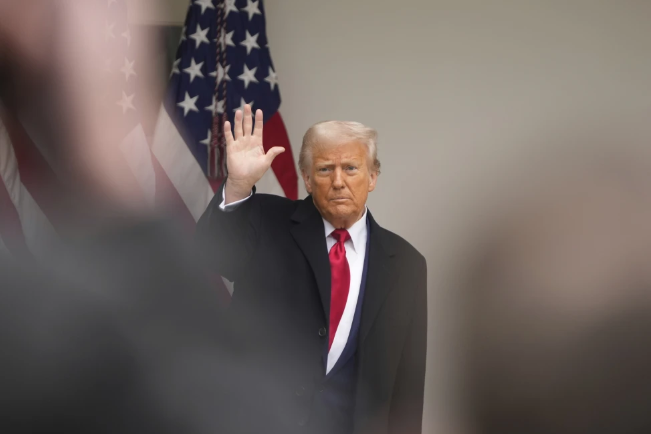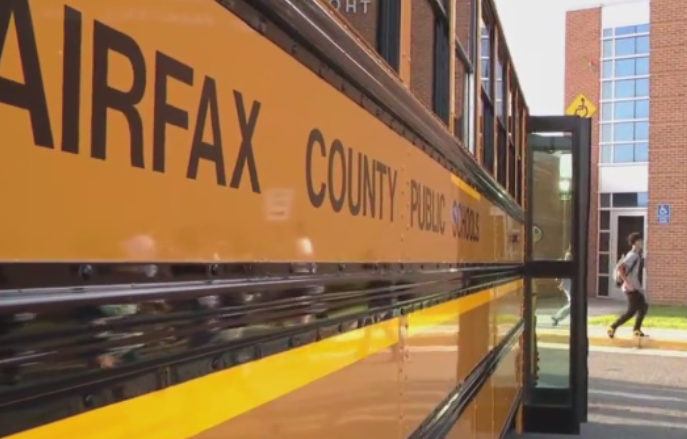The presidential election on Tuesday was called for former President Donald Trump early on Wednesday, with a staggering margin in both electoral votes and the popular vote margin. This marks the second time in the last 32 years that a Republican won the popular vote, and the first time Donald Trump has won it.
These results mark a change in American politics, where the social and racial clashes of the last few years have been brought to the center stage during a long election campaign with several historically significant changes. The two attempted assassinations, the candidate switch, and the several cases against Donald Trump made this election a firestorm of new crises.
During all of this, Democrats have proven to be continually deaf to what the people actually want from their government. They ran a campaign almost fully on social issues, with little to show for candidates that already have power, and arguably could have already achieved what they were campaigning on. In my opinion, the election ultimately came down to one single phrase, :
“Are you better off than you were four years ago?”
According to CNN exit polls, only 24% felt so. A plurality of 46% said they were off worse, with another 30% at about the same.
For Trump, this was an easy case to make. His term rode atop Obama’s economic policy, with lower gas prices and inflation at a less noticeable rate. Truthfully, “his” economy was much worse, with 7 billion dollars added to the US debt deficit, rampant inflation near the end of his term, and complete mismanagement of the COVID pandemic that led to more deaths and economic stimulus required. \
For Harris, the case was much harder to make. She had been in power for four years, yet not much had come from her. While this is typical of vice presidents, one could argue that she should have played a more active role in the administration of the Biden White House to position herself better for a hypothetical future campaign, which we now know she was to be thrust into. The Biden administration has overseen high inflation, price gouging, and two separate global conflicts.
The Democrats simply did not do enough for the people to justify a second term, and so they lost. We see this time after time, with progressive words but little action with the party, for years.
While one could argue many of the Biden administration’s challenges stemmed from Trump’s term, that still gives no excuse to the stagnation that was often the norm under them. Many of Biden’s promises weren’t progressive enough for a base yearning for change after Trump, and they were too liberal for an increasingly frustrated conservative base.
To quote Jim Carville after the loss of George HW Bush in 1992, “It’s the economy, stupid.”
The Harris campaign ran on a plethora of social and political issues, but ultimately, what matters most to the average American is not how they feel about democracy or racial issues. They care about how much it costs to live and if they feel economically stable. Exit polls should’ve been the first death knell for the Harris campaign on election night, signaling the most important issue to voters was not abortion, democracy, or political violence, but the economy. 68% of voters said the economy was not good or poor, with only 31% giving it a positive rating.
Donald Trump was trusted by 52% of Americans to lead the economy, as opposed to 46% for Harris. I believe this was the ultimate factor that dismissed the blue mirage of hope.
No amount of social issues and lofty goals of democracy can cover up how people feel about how they’re surviving at the physiological level. Food, water, and shelter are our necessities, and they decide if we are comfortable in life. Once we securely have those things, then the American people will care about social issues more.
Exit polls reveal this truth more than social media algorithms and headlines ever could, taking raw opinions from the people. They tell us the truth about how the country feels: we do not feel better off than four years ago.
The Democrats severely underestimated the simple power of gas prices, grocery bills, and rent. For our community, we are for the most part more secure than the rest of the country, but for many, these are the most powerful forces that dictate their vote.





















Tadek • Nov 12, 2024 at 7:53 pm
Very good article. Wrote about politics for the sentinel in the past two years, makes me very happy to see you writing about it.